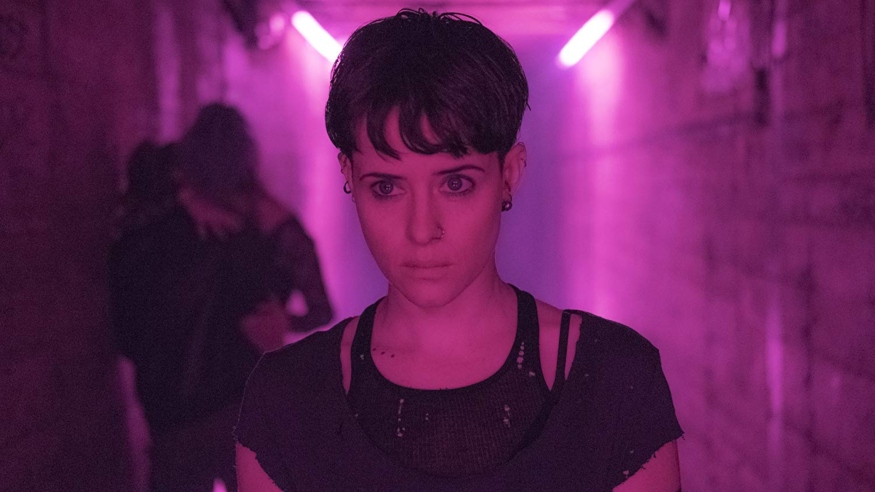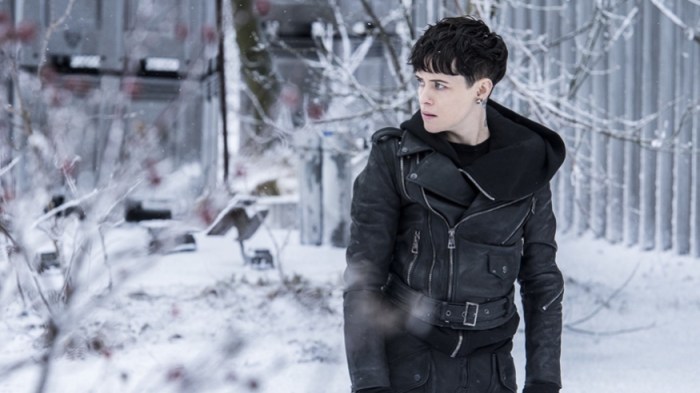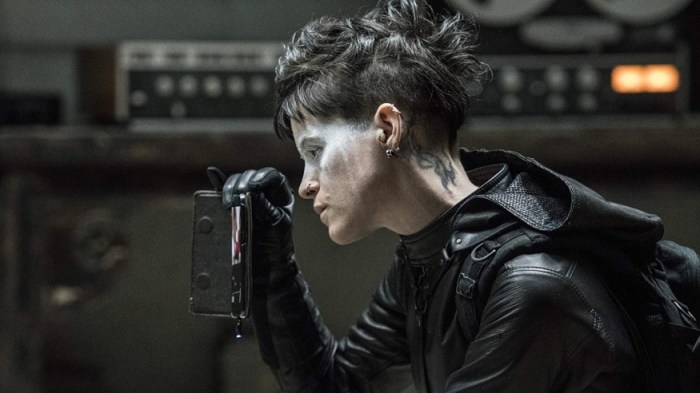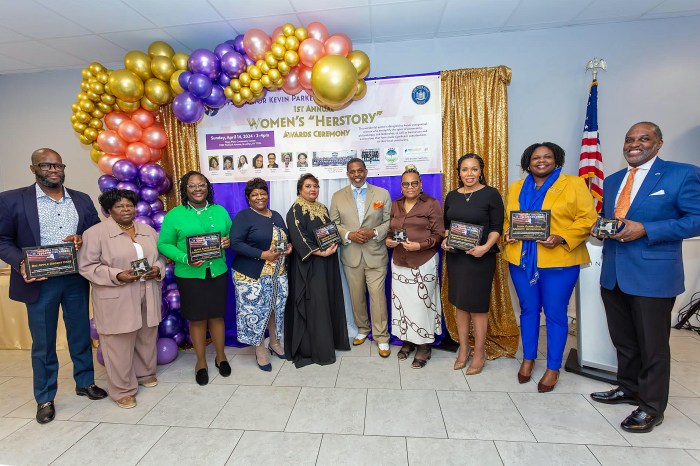The Girl In The Spider’s Web is a bitingly modern movie, as its protagonists use hacking, computers and technology in a detailed, authentic, and some might say even cold fashion to aid their efforts.
Fede Alvarez’s soft-reboot of the franchise, which sees Claire Foy taking on the role of computer hacker Lisbeth Salander, who is trying to get her hands on an NSA program that has access to the world’s nuclear codes before spies and criminals can, embraces these unique attributes.
While other franchises and movies usually struggle to integrate technology, either going too futuristic and unrealistic, or changing their characters to be either technophobes or technophiles depending on the scene, “The Girl In The Spider’s Web” implements it in a consistent, concise and self-explanatory fashion.
But while “Spider’s Web” taps into the zeitgeist in this manner, Alvarez recently admitted that there were two social movements that occurred during pre-production that impacted and changed the film, explaining to me how the Me Too movement and the Russian hacking scandal altered his approach.
“Something strange that happened during this movie, which was linked to the film, was that by the time we were done with the script and were already starting to cast that everybody was talking about the Me Too movement, which for a movie starting with her hanging a guy upside down was quite interesting.”
“And the other was hacking. Hacking, hacking, hacing, which was everywhere. Hacking, a few years ago, it felt like a movie thing. But suddenly it felt like it was in everybody’s news and agenda.”
“It was strange. It was really strange how those things suddenly became front and centre when we started to make the movie. Our film isn’t a reaction to that, because we can’t make movies that fast. We were already making it.”
But how did the mainstream media’s coverage of Me Too and hackers influence “The Girl In The Spider’s Web”?
“It changed in a good way. The hacker part of it was just giving us information and insight into this world that we didn’t have before.”
“Suddenly we are reading about this shadow brokers hacking into the NSA and stealing one of their most important tools. We could read about how that happened and then portray it more realistically in the film. Things like that created greater insight and information we didn’t have.”
“For Me Too, the greatest part was really be responsible as a male director portraying a female icon on the screen. The way I did it was by really, really listening to my female lead.”
“To really listen to her. To listen to her wishes and her decisions about how she looks and act. Making sure scene and moments on screen weren’t exploitative and we didn’t objectivity her, or fall into any traps.”
“Claire Foy being so smart, and us being so militant with this approach and her portrayal, we were able to make sure that we stayed true to her idea of the character and not a male fantasy or subjectivity.”
“That is something that really comes through in the film, as so many choices are based on Claire’s choices and sensitivity. We’ll see how the audience reacts to it.”
“Because that will tell us a lot about society. Let’s see if they really want to see that or if they expect a young girl that sleeps with the guy or is half naked every other scene.”
“All the things that Hollywood does a lot, which we really avoided. Audiences have so far noticed our choices, though, and noted that it is something they don’t see very often.”
“The Girl In The Spider’s Web” is released on November 9.
















